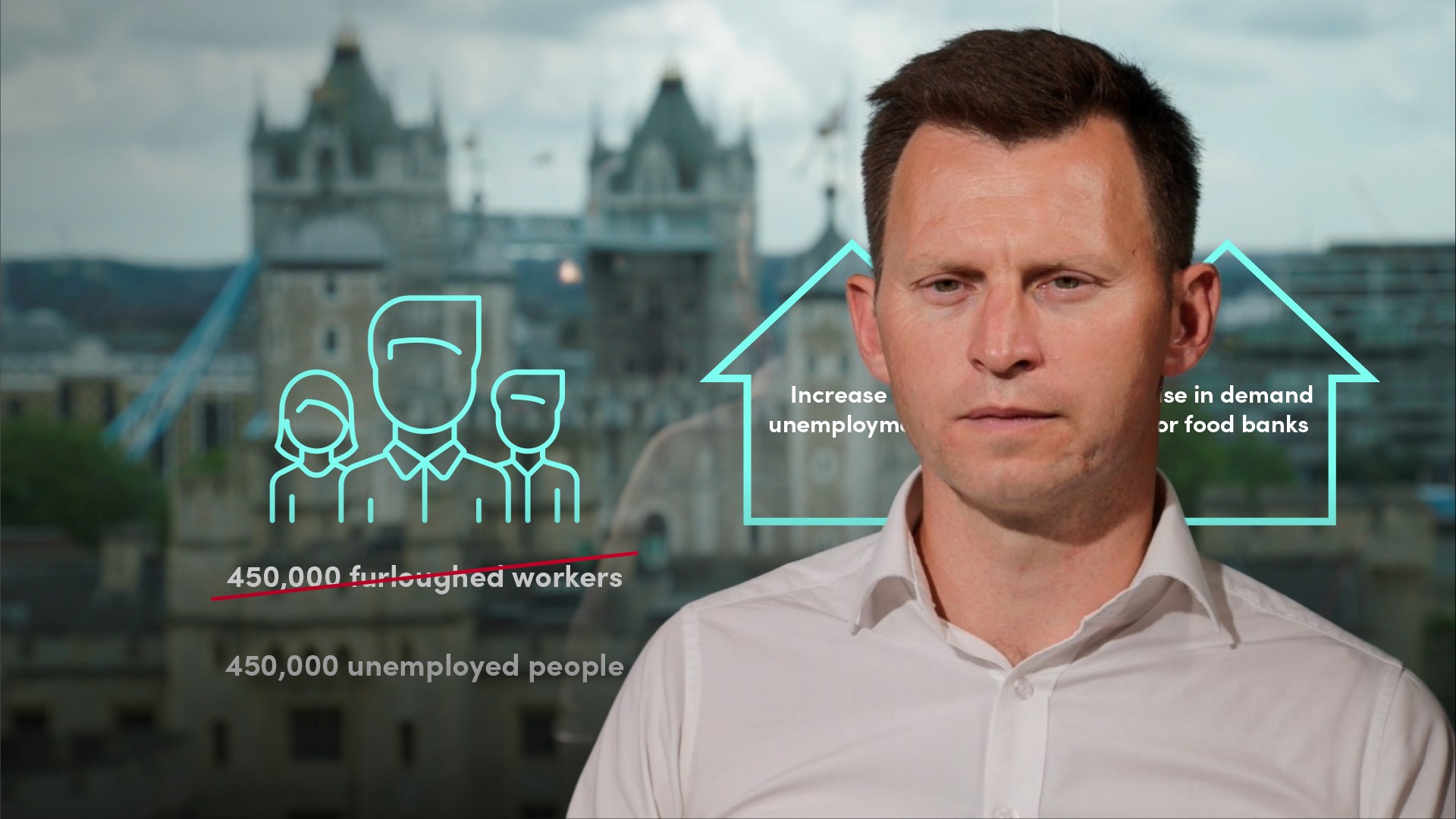
Social Inequalities Caused by the COVID-19 Pandemic

Adrian Pabst
Deputy Director: National Institute of Economic & Social Research
This video will discuss the social impacts caused by the COVID-19 Pandemic. Adrian outlines the impacts we've all felt, but digs deeper and explains that it has been far from an equal impact across the country.
This video will discuss the social impacts caused by the COVID-19 Pandemic. Adrian outlines the impacts we've all felt, but digs deeper and explains that it has been far from an equal impact across the country.
Subscribe to watch
Access this and all of the content on our platform by signing up for a 7-day free trial.

Social Inequalities Caused by the COVID-19 Pandemic
12 mins
Key learning objectives:
What was the impact of Covid-19?
How has the impact of Covid-19 been unequal?
What policy interventions can be introduced to bolster growth and prosperity?
Overview:
Covid-19 has had a devastating effect upon the poorest sections of society. The distributional impacts are highly asymmetric, with poorer families, most affected industrial sectors and low-paid employees suffering greatly. Sustained mitigation policies against these adverse impacts are urgent. This may come in the form of debt forgiveness or better access to funding for firms.
Subscribe to watch
Access this and all of the content on our platform by signing up for a 7-day free trial.
What was the impact of Covid-19?
Reminded of our vulnerability and dependence on one another, we were also required to abandon our workplace, suspend our social life and “stay at home to save lives' '. Covid accelerated and amplified existing inequalities – disparities of wealth, power and social status.
Just as the pandemic led to the loss of millions of lives and severe long-term health conditions for many more, it also brought to light and exacerbated deep economic and social scarring that hit the most vulnerable members of society the hardest: the unemployed; the homeless; those in precarious jobs; single parents; the elderly; the lonely, young children; teenagers; women in abusive relationships; migrants; asylum seekers.
How has the impact of Covid-19 been unequal?
- Health inequalities have widened, with many more members of ethnic minorities either dying or having ‘long Covid’
- Poor housing has left millions unable to do remote working while also home-schooling their children
- Essential workers have risked their lives to serve their community and country.
- The pandemic has also caused a shocking increase in the number of people who have needed to use food banks
- Sharp increase in the number of people who live in destitution. By ‘destitution’ we mean a weekly income so low (that is, £70 for a single adult, £140 for a couple with children after housing costs) that basic essentials are unaffordable
What are some other long term issues that need addressing?
- Low-wage growth
- Slow productivity
- Inequalities across regions and between groups
What policy interventions can be introduced to bolster growth and prosperity?
- Align jobs with skills, including retraining and other labour-market interventions after the end of furlough, so that we reduce unemployment and fill vacancies in areas such as health and social care; that, in turn, requires a substantial investment in vocational and technical training;
- Levelling up of transport connectivity and infrastructure; E.g. upgrade existing transport links and improve cross-country connections
- Better access to funding for firms; capital provision is important for small and medium-sized enterprises not concentrated in London
- Debt forgiveness in order to break the cycle of poverty, rising debt and unaffordable interest rates (as with payday loans). We need to write off some debt in order to help people escape from destitution.
Subscribe to watch
Access this and all of the content on our platform by signing up for a 7-day free trial.

Adrian Pabst
There are no available Videos from "Adrian Pabst"



























